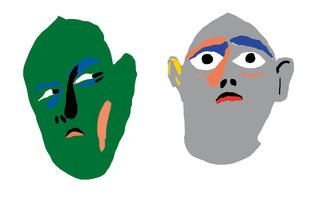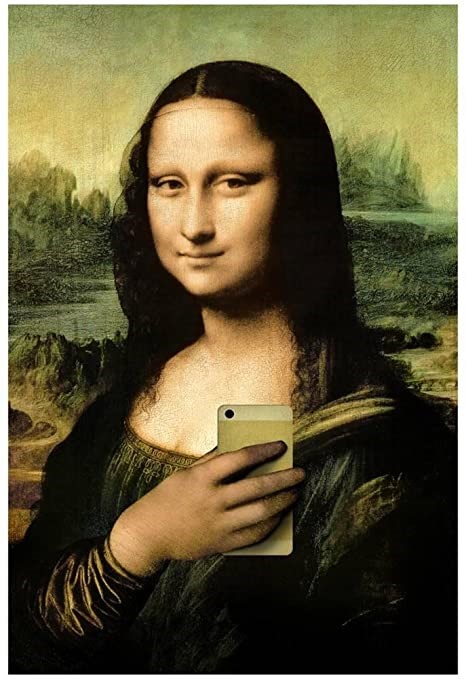What is normal?
Thank you, Carmen Plaza, for such a perplexing question. Nature is in some ways chaotic, and we therefore all seek, as human beings, to fit into a social structure (cities, universities, jobs, etc.) which precedes our own existence and yet changes with it. We do this for evolutionary reasons, and it influences heavily what we […]









